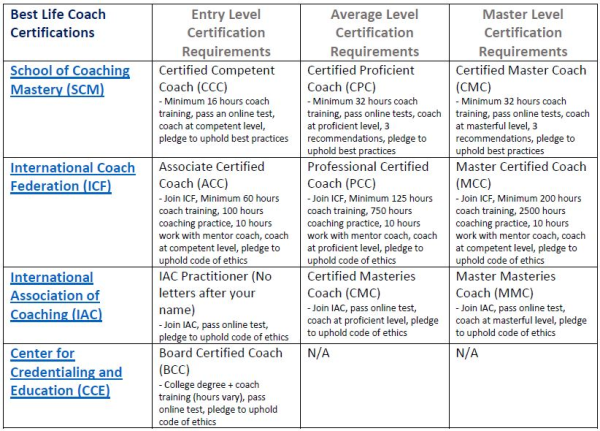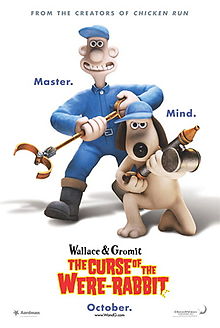
Subtitle this post, 'Coaches Behaving Badly'!
One of the basic coaching skills, which collectively are called the Coaching Foundations, is Validate Everything. I define validation as any appropriate expression of support, whether positive ('That's great!'), or negative ('That sucks!'). There are lots of ways to validate in coaching and one of the most effective, is acknowledgment.
Except when it's not.
Mattison Grey wrote the book on acknowledgment and defines it as a statement about what someone did, or the results they got, shared with a tone of wonderment. She says acknowledgment works when other forms of validation, such as offering compliments, do not, because often, people feel judged when complimented.
I couldn't agree more and Mattison is awesome at acknowledgment, but I've had yucky experiences with compliments, validations, and even acknowledgments, because sometimes, no matter how skilled people are at delivering them, they muck it up, anyway.
They just can't help it!
Most of my yucky experiences occurred with newish coaches, who most likely were just making mistakes with a new skill set and that's understandable. But sometimes it came from veteran coaches and then it looks like a character issue. As in, poor personal development, or lack of integrity.
Here are a couple of examples:
I used to work for a coach training company that called validation, championing. All the coaches there went about championing each other, because that's what good coaches do, right?
One of my coaching colleagues there used to champion me so lavishly that, one day, I asked her to stop, because I felt increasingly uncomfortable. I really didn't need, nor want to hear, over and over, what a great coach I was, what a fantastic coach trainer, how impressive my success was, nor how amazing was my devotion and commitment to my coaching clients and students. Ugh.
The next day though, she made several remarks that called into question my honesty and integrity regarding the coaching profession. Hmm, really? The same person's saying these things? It communicated to me that although she usually said over-the-top positive things to me, underneath she was judging me negatively on some major stuff.
She later apologized, which is great, but I never felt I could trust her. She had shown that regardless how syrupy her validations were, she was really thinking something else. In fact, to me, she was a suck up.
She left me feeling uncomfortable, insulted, and annoyed. That's how I still remember her.
You know, the IAC certification scorecard measures, among other things, whether the coach demonstrates consistency (a.k.a. integrity) between words and actions. If you validate, champion, acknowledge, or whatever you call it, and then demonstrate that you don't really believe what you said, you damage trust with the client.
Not validating enough during coaching is a mistake. Validating, but not meaning it, is an even more destructive mistake.
One of the problems with coach training is that sometimes we emphasize the 'how', instead of the 'who'. Thomas Leonard used to tell coaches to champion, because that's just who we are. If you do it for any other reason, you're manipulating. And the person you're manipulating will smell a rat.
I call dishonest validation, schmoozing. That's an Americanism, derived from Yiddish, that means to gossip or chat with someone, in an intimate manner, in order to manipulate, flatter, or impress them.
But you could just as well call it, INvalidation, because that's the effect it has.
Then there was the colleague from the past, who showed up in one of my classes at SCM. I was surprised she signed up, because I knew she had been coaching at least as long as I. The first day of class, she delivered some schmoozy validations of me, as a coach and coach trainer. Then she referenced her own great coaching skill and left a pause. I got the feeling I was supposed to reciprocate by acknowledging her prowess as a coach. Problem was, I had no memory of ever hearing her coach. Well, that was a little awkward!
There were any number of ways I could have navigated that awkward moment, but something blocked me. As my mind searched for any memory I had of her and her coaching, only one memory was vivid: She once called me up, offered me an interesting opportunity to teach coaching in a college, and said lots of nice, schmoozy things about how I was such a great coach and trainer and she knew I was the right person for the job, which basically involved coaching eight hours per day, at a college that was three hours away. The pay? $100 per day!! I don't consider myself to be thin skinned, but yes, I was insulted. It would have been better if she had asked me to volunteer for free.
Not surprisingly, she dropped the SCM course in a huff, before it was over. That's the kind of thing people do when they want you to acknowledge them and you don't do it. She also said some pretty nasty things about me and my training ability in an email.
And then, right on time, I opened an email from a coach I really admire. It began with a quote from Maya Angelou:
“When people show you who they are, believe them the first time."
The takeaway? Schmoozers schmooze. They can't be trusted, much less deliver great coaching, because great isn't fake.
Of course, nobody has to be a schmoozer for life. I've caught myself being fake, and try to remember it when schmoozy folks cross my path. Like the time I got an email from a coach I didn't like and forwarded it to a friend with a snarky comment. Then I saw the disliked coach at a coaching function. He offered a hug, so I hugged him. The next day, he emailed me. I'd hit, 'reply' instead of 'forward', so he got the snarky comment, instead of my friend! How fake was that to criticize him in private, then hug him in public? That memory is an embarrassing reminder that I'm still a work in progress, like everybody else. I've used it to upgrade my own behavior.
But once again, Maya Angelou says it best:
“I've learned that people will forget what you said; people will forget what you did, but people will never forget how you made them feel.”
If you're going to validate, acknowledge, or champion, do it because that's who you are and it's what you really believe. Otherwise, you may succeed at making someone feel good at first, but your behavior will give you away, and the contrast will make your judgmental behavior even uglier to the other person. That feels yucky and that's how they'll always remember you.
How do you become someone who champions just because that's who you are, and not because you're manipulative? Like anything else, practice. Get a coach. And work tirelessly on your personal development. Learn to get your ego out of the way and trust the process.
Otherwise, you may be remembered as a schmoozer.
Get coach training and personal development here:



 I've blogged a lot about
I've blogged a lot about 
 If you're a relatively new business or
If you're a relatively new business or 
 Written by
Written by 

 Written by
Written by 





-resized-600.jpg)




